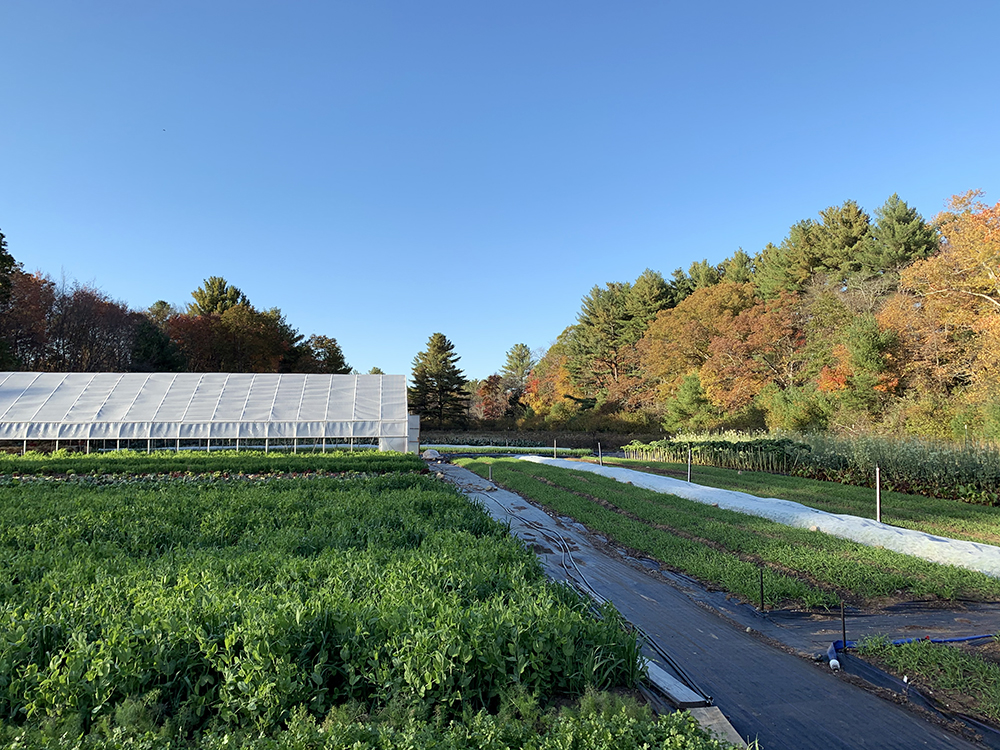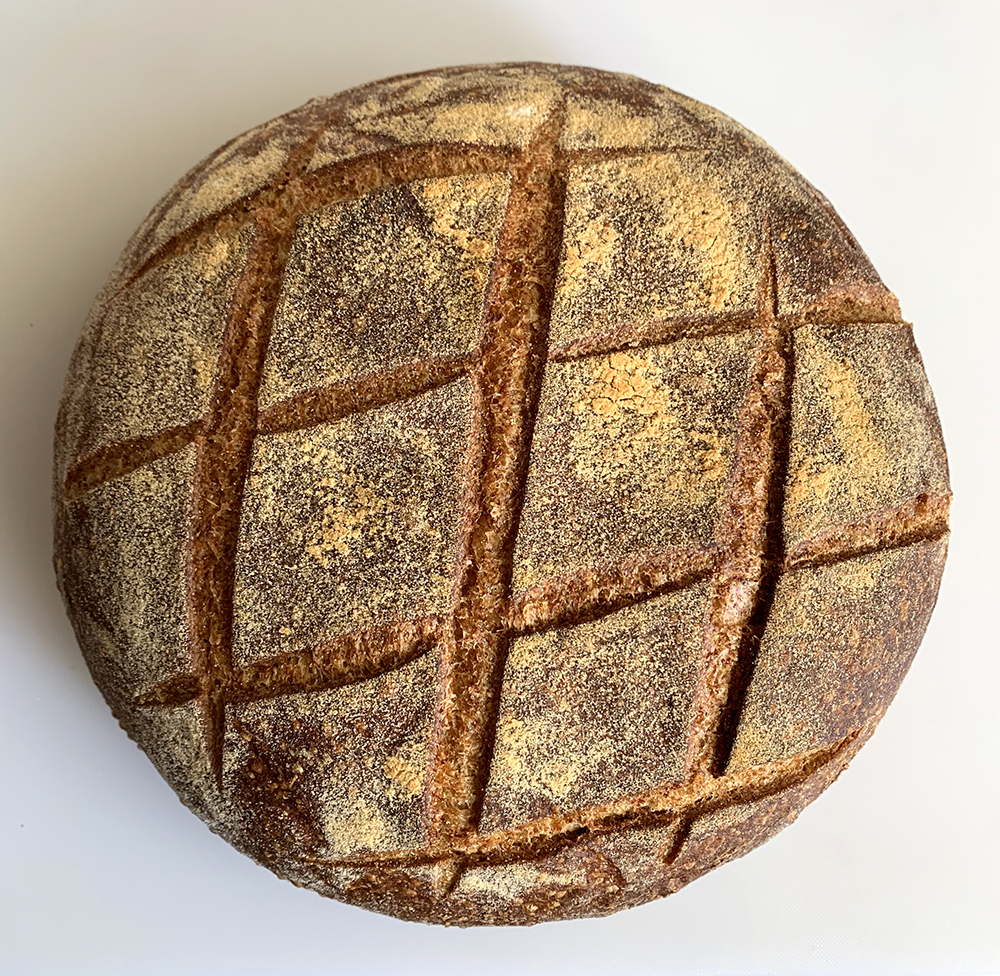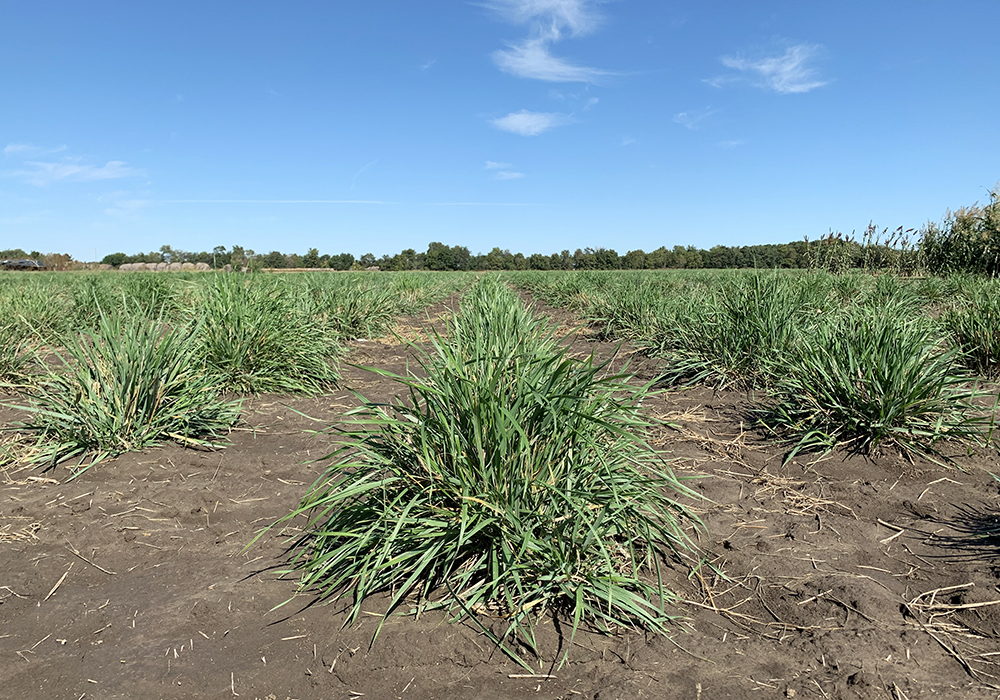Gastropod looks at food through the lens of science and history.
Co-hosts Cynthia Graber and Nicola Twilley serve up a brand new episode every two weeks.
Co-hosts Cynthia Graber and Nicola Twilley serve up a brand new episode every two weeks.
Dr. Berhe is a soil biogeochemist at the University of California, Merced. You can learn more about her research in her 2019 TED talk, "A climate change solution that's right under our feet."
Yoko Takemura and Alex Carpenter grow delicious organic, no-till vegetables on three-quarters of an acre in Connecticut. You can read more about Assawaga Farm on their website, and buy their produce at Boston-area farmers markets.

Assawaga Farm in October 2019. Photo by Nicola Twilley.
The Land Institute is a nonprofit agricultural research organization based in Salina, Kansas. We visited with director of research Tim Crews, as well as the lead scientist on the kernza domestication program, Lee DeHaan. You can read much more about their perennial crop research and kernza on their website, and then try kernza yourself in Patagonia Provisions' Long Root Pale Ale.


Kernza bread and kernza plants in October, 2019. Photo by Nicola Twilley.
Read more about the 4 per 1000 initiative here, including the science behind its goals and its network of international partners and programs.
Find out more about Summer 2020 Fellowship program and apply here.
Click here for a transcript of the show. Please note that the transcript is provided as a courtesy and may contain errors